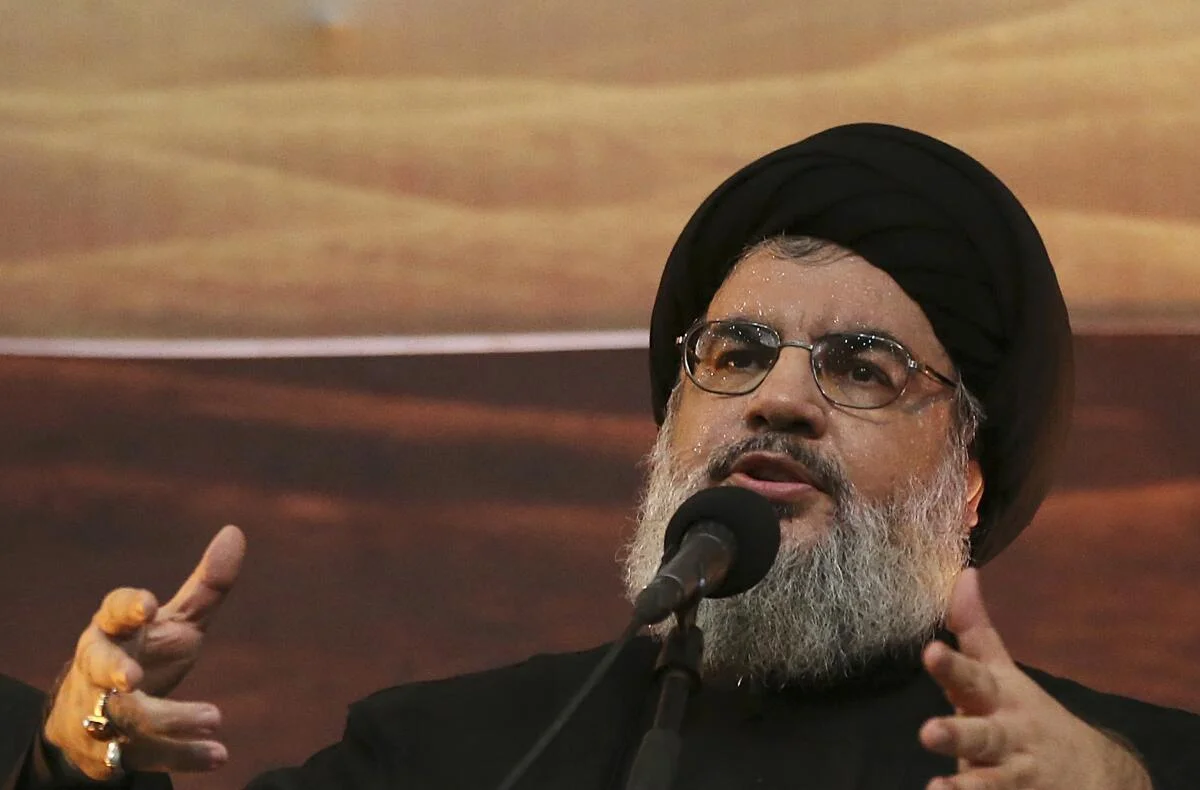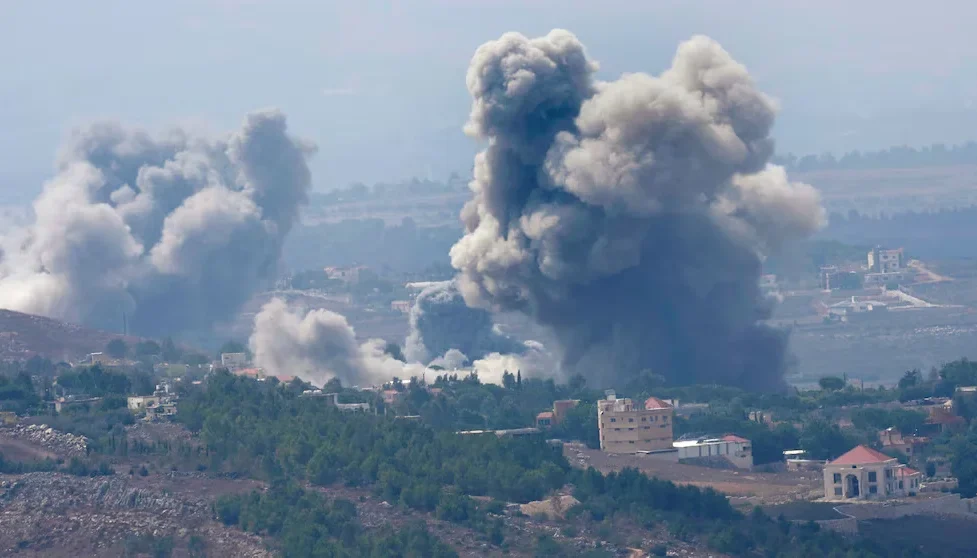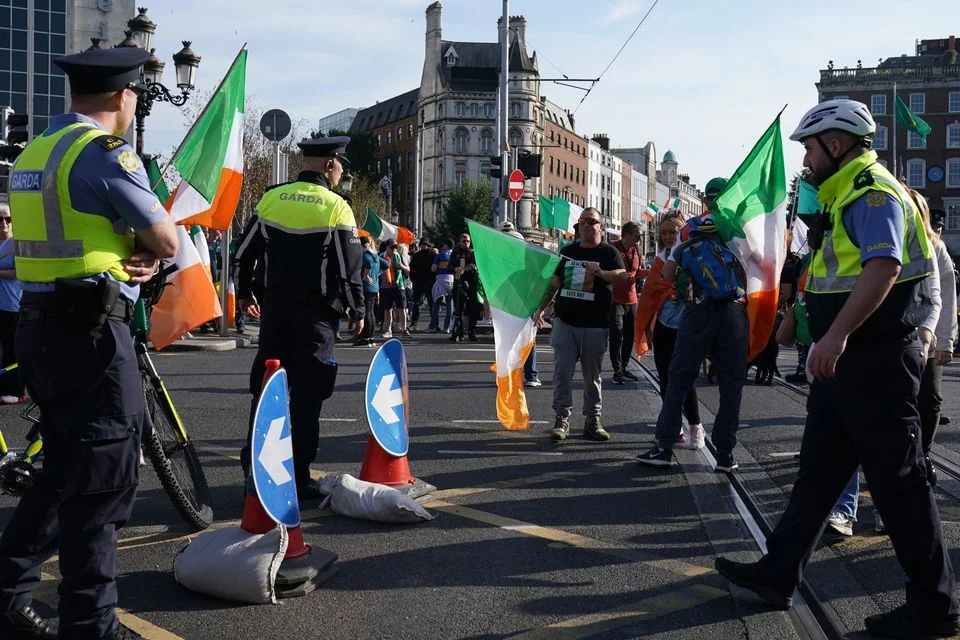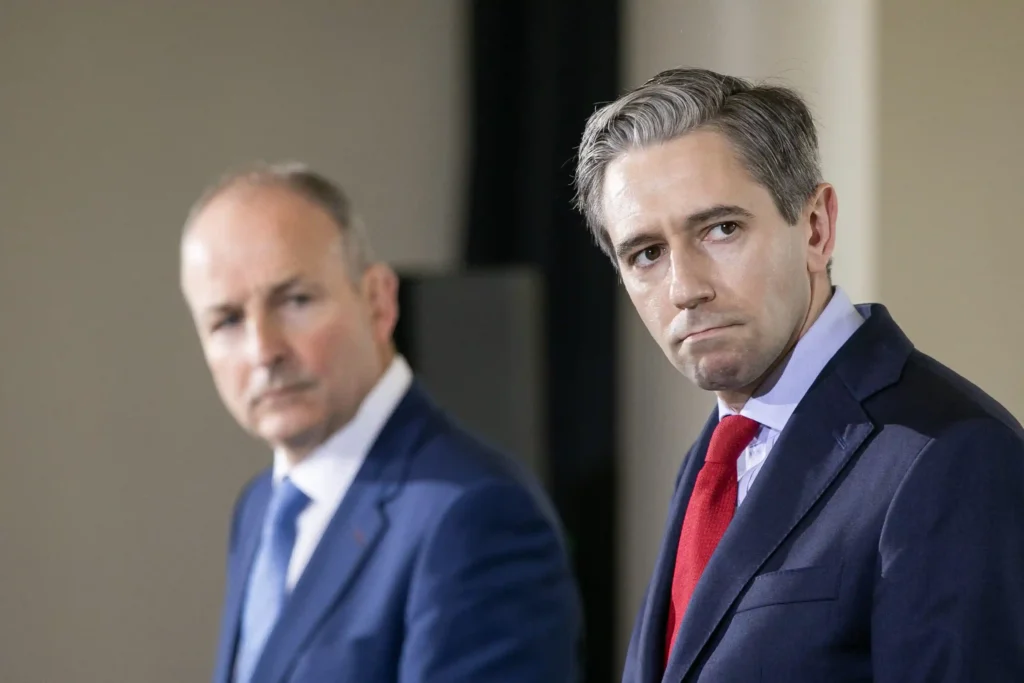Hassan Nasrallah, Leader of Hezbollah, Confirmed Dead by Group

Hezbollah leader Sayyed Hassan Nasrallah has been confirmed killed, as announced by the Iran-backed organisation following an Israeli military airstrike in Beirut.
The strike, which occurred yesterday, is reported to have targeted Nasrallah directly, leading to the elimination of a prominent figure in the ongoing conflict.
His death represents a significant setback for Hezbollah, which has been grappling with a relentless campaign of Israeli assaults.
Nasrallah’s leadership played a crucial role in the group’s strategies and operations, making his loss particularly devastating at a time when Hezbollah is facing unprecedented challenges.
Moreover, this event marks a substantial blow to Iran, which has relied on Nasrallah as a vital ally in the region. His influence helped transform Hezbollah into a central component of Tehran’s network of allied factions across the Arab world.
With Nasrallah gone, Iran loses a key figure who contributed to the group’s power and cohesion, raising questions about the future of Hezbollah and the dynamics of Iran’s relationships within the region.
Also Read: Israel Claims Elimination Of Hezbollah Leader Nasrallah In Beirut Strike
Iran’s First Vice President, Mohammad Reza Aref, has publicly stated that the recent killing of Hezbollah chief Hassan Nasrallah in an Israeli airstrike in Beirut will lead to the “destruction” of Israel.
This assertion highlights the ongoing conflict in the region and the severe repercussions that follow such aggressive actions.
According to Iran’s ISNA news agency, Aref shed light on the gravity of the situation, warning, “We warn the leaders of the occupying regime that the unjust bloodshed… especially of Hezbollah’s secretary general, martyr Seyyed Hassan Nasrallah, will bring about their destruction.”
Humanitarian Crisis: Mass Migration from Lebanon
The situation in Lebanon has rapidly deteriorated following the airstrikes, with over 50,000 people fleeing to Syria to escape the escalating violence.
Filippo Grandi, the UN refugee chief, reported that “more than 50,000 Lebanese and Syrians living in Lebanon have now crossed into Syria fleeing Israeli air strikes.”
The humanitarian crisis has reached alarming levels, with a staggering total of over 211,000 people displaced within Lebanon alone.
This number includes approximately 118,000 individuals who have been forced to leave their homes since Israel intensified its airstrikes earlier in the week.
International Reactions to Nasrallah’s Death
The killing of Hassan Nasrallah has drawn widespread condemnation from various global leaders.
Turkish President Recep Tayyip Erdogan accused Israel of committing genocide in Lebanon, asserting that “Lebanon and the Lebanese people are the latest target of a policy of genocide, occupation, and invasion carried out by Israel since October 7.”
Erdogan’s remarks reflect the heightened tensions and anger directed toward Israel following Nasrallah’s assassination.
Also Read: Israeli PM Told UN About Continued Lebanon Attacks ‘Until Objectives Are Met’
The Houthis in Yemen, allies of Hezbollah in an Iran-backed coalition opposing Israel, also mourned the death of Hassan Nasrallah.
In a statement, the group expressed its unwavering commitment to resistance, stating, “The resistance will not be broken, and the Jihadist spirit of the Mujahideen brothers in Lebanon and on all fronts of support will grow stronger and bigger.”
This sentiment indicates the solidarity among factions opposing Israeli actions and their determination to continue their struggle.
Condemnation from Iraq and Broader Significance
Iraq’s Prime Minister Mohammed Shia al-Sudani condemned the killing of Hassan Nasrallah, labelling it a “crime.” He described the attack on Hezbollah’s stronghold in southern Beirut as “a shameful attack” and asserted that it demonstrates how Israel has “crossed all the red lines.”
He further referred to Nasrallah as “a martyr on the path of the righteous,” underscoring the symbolic significance of his leadership in the resistance movement.
Israeli officials, on the other hand, justified their actions, asserting that the killing of Hassan Nasrallah was a necessary measure against a figure they deemed a threat.
Israeli Defense Minister Yoav Gallant remarked, “He (Nasrallah) was the murderer of thousands of Israelis and foreign citizens. He was an immediate threat to the lives of thousands of Israelis and other citizens.”
He attempted to frame Israel’s military actions as not being directed against the Lebanese people, stating, “To the people of Lebanon, I say: Our war is not with you. It’s time for change.”
Implications for Hezbollah and Regional Stability
The assassination of Hassan Nasrallah not only impacts Hezbollah but also poses significant questions about the future of regional stability.
His death could lead to a power vacuum within Hezbollah, which has been a critical player in the Axis of Resistance against Israel and U.S. influence in the Middle East.
The potential for retaliatory actions by Hezbollah and its allies looms large, suggesting that the conflict could escalate even further.
Also Read: Taylor Swift Net Worth 2024: How She Became a Multi-Millionaire
Iran Air has already responded to the turmoil by cancelling all flights to Beirut, emphasising the dangerous atmosphere following Hassan Nasrallah’s killing. The airline’s spokesperson indicated that the situation remains fluid, and travel safety is a priority.
A Turning Point in the Conflict After The Death Of Hassan Nasrullah
The killing of Hassan Nasrallah marks a pivotal moment in the ongoing conflict in the Middle East, with far-reaching implications for Lebanon, Israel, and the broader region.
As reactions pour in from various countries and factions, the potential for increased violence and instability is apparent.
With the Iran Government warning of dire consequences for Israel and international leaders condemning the airstrikes, the situation remains tense. The fate of Hezbollah and its resistance efforts may hinge on how these dynamics unfold in the coming weeks.
LATEST NEWS
DISCOVER MORE






